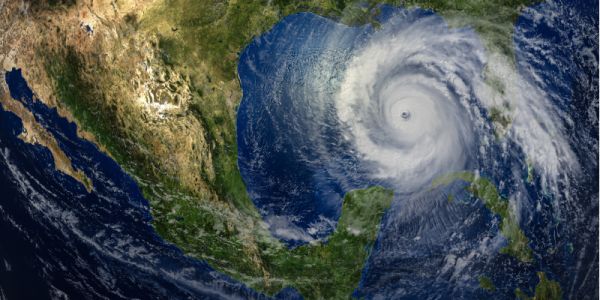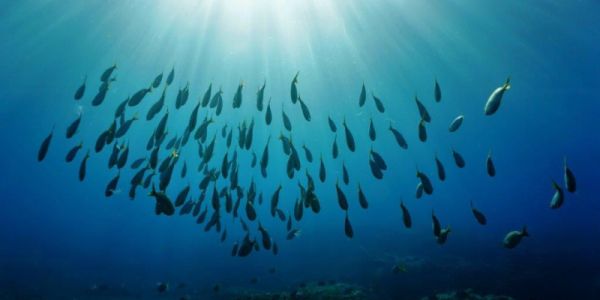
People with arthritis 20% less likely to be in work
The typical person living with arthritis in the UK is 20% less likely to be in work than their equivalent without the condition, new research shows.

The typical person living with arthritis in the UK is 20% less likely to be in work than their equivalent without the condition, new research shows.

Slingshot Simulations, a spinout from the University of Leeds, has secured a £3 million round of investment led by Northern Gritstone, alongside Mercia and the Northern Powerhouse Fund.

A major analysis of the carbon footprint of universities and FE colleges has revealed for the first time the source and scale of their emissions.

Giving colon cancer patients chemotherapy before surgery cuts the risk of the disease coming back, according to the results of a new clinical trial.

A major European research partnership is to expand its collaborative projects to help tackle pressing global issues.

One in five GPs could be unwilling to prescribe aspirin to patients with a cancer-causing syndrome, despite national guidelines advising it, new research has found.

Parks in West Yorkshire should be better designed and managed so that women and girls feel safe throughout the day and after dark, according to a new study.

Building standards are failing to ensure offices, shops, public buildings and homes provide healthy ventilation, say leading experts.

Europe will face a cancer epidemic in the next decade if weaknesses in cancer health systems and cancer research are not urgently addressed, say the authors of a major new report.

Scientists have discovered how a chemical in the cells of marine organisms enables them to survive the high pressures found in the deep oceans.